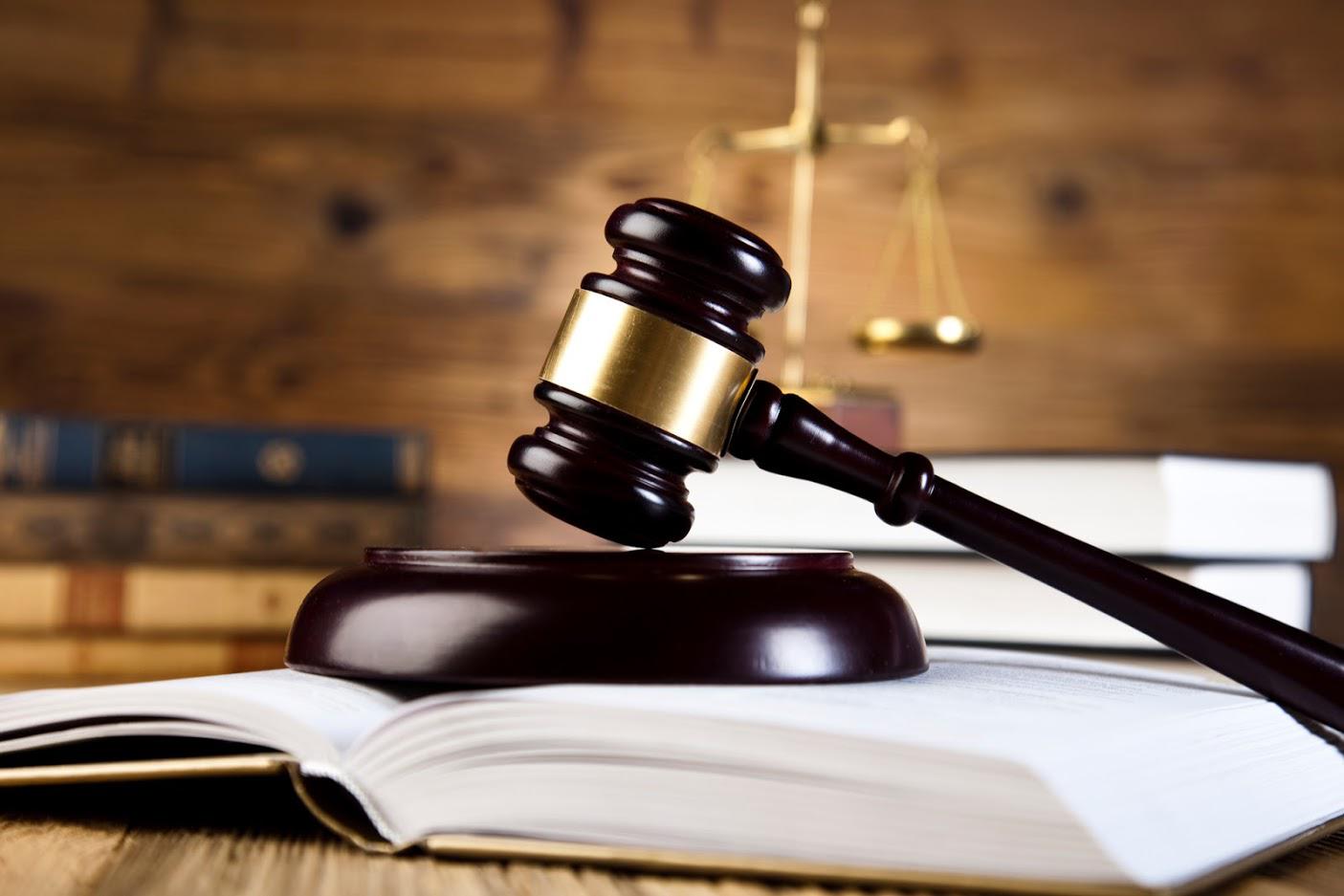Can’t Afford Bail? Consider Requesting a Bail Reduction Hearing

Have you been arrested but cannot afford to pay the bail necessary to go home while you await your court date? The bail system that is part of the U.S. judicial process can sometimes become a heavy burden for a defendant of lesser means. If this includes you, though, don’t lose hope of returning to your normal life while you defend yourself against charges. Why?
The answer is that you may still be able to get your bail reduced through a hearing. Here are a few key things to know about such a hearing.
Can You Get Bail Reduced?
The U.S. Constitution prohibits the use of excessive bail but does not give a strict interpretation of what counts as excessive. Generally, the law has defined an excessive amount as so high that a person is essentially forced to stay in jail. If you cannot raise the funds to meet your own bail, then, you may argue that yours is excessive.
You and your attorney would make the case for this at a bail reduction hearing. Such hearings can be requested by the defendant or prosecution and are overseen by a judge as designated in state and federal law. During this hearing, your side would present the argument for your assertion that the bail is excessive.
Evidence at the hearing might be provided about such things as your financial state, income, and family obligations. You may also show the judge through your family, work, and community ties that you are not at high risk of leaving the area or failing to show up for future hearings.
What Are the Risks?
A bail reduction hearing is a wise move for many who have trouble paying that bail. But keep in mind that just as you will argue that your bail should be reduced, the prosecution may argue that it should be increased.
The prosecution might also use facets of the charges (such as the presence of deadly weapons) to say that you are a threat to the public or that you obtained your bail funds by illegal means. They may also put forth that you are more of a flight risk than you indicate. You and your attorney will need to be ready to counter any such assertions.
Are There Bail Alternatives?
The use of bail is an attempt to ensure that defendants who return to their homes and lives will show up for their future court appointments. But cash bail is not the only way to ensure this, and the judge is often not obligated to use this method if he or she feels another option is warranted.
Modern technology provides alternatives you could seek in lieu of bail or in addition to reduced bail, such as ankle bracelet monitoring systems. The court could restrict your travel or confiscate your passport. Other monitoring options include house arrest, drug testing, or oversight by court appointees.
If you can build an argument that justice would be best served by taking advantage of one or more of these proven bail alternatives, your case for reduced bail may be that much stronger.
Where Should You Start?
If you haven’t already contacted an experienced criminal attorney, this is the time to do so. A bail reduction hearing happens quickly, and you may only get one chance to receive more lenient bail terms. So you need qualified assistance to ensure that your rights are protected and that your side of the story is given weight.
Carl L. Britt, Jr. and his legal team have been helping North Carolina defendants receive fair trials for more than 30 years. Call today to discuss the specifics of your case and learn what the best options are for you to be reunited with your family while awaiting your day in court.
